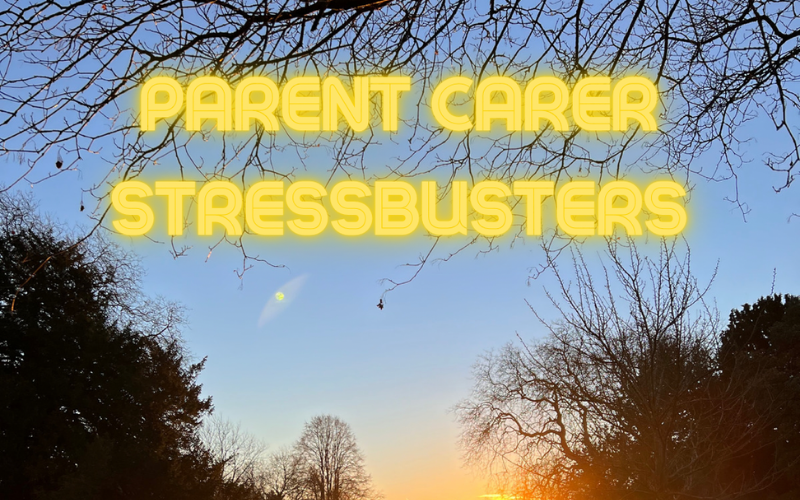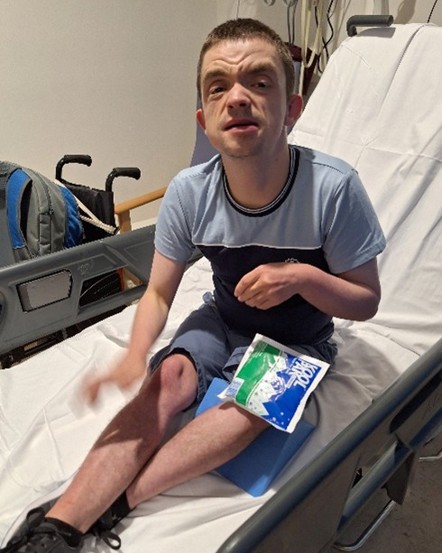Five Quick and Easy Stress Busters

Jo Griffin
Joanna Griffin is mum to three boys including her eldest who has special needs. She is also a Chartered Counselling Psychologist and Founder of www.a...

Having a toolkit of ‘go-to’ stressbusting strategies can be useful for our wellbeing. Not only at times when things are overwhelming but also as part of our everyday lives.
There is considerable evidence for part of our nervous system called the vagus nerve – which connects the gut to the brain – playing a vital role in our wellbeing.
The vagus nerve is an important part of the parasympathetic nervous system which is often referred to as the ‘rest and digest’ system.
This system carries signals to and from the brain and regulates the body when it is in a calm and relaxed state, such as when we connect to people with whom we feel safe. This has a stress-relieving effect on body and mind.
Here are five simple strategies that tone your vagus nerve:
- Movement – such as sitting on a gym ball or in a rocking chair
- Physical warmth – holding a hot drink, wrapping up in a warm blanket
- Singing, chanting or humming
- Physical touch - such as massaging the sides of your neck, a cuddle with your child or partner or even stroking your pet. A recent study suggested just ten minutes of interaction with cats and dogs showed a significant reduction in stress hormones.
- The most easily accessible relaxation exercise is to focus on our breath. Breathing techniques, particularly those which focus on extended exhalation, are key.
Here is a simple breathing exercise if you need help to calm your nervous system:
- Sit or lie down in a comfortable position
- Close your eyes
- Exhale until you reach the bottom of your breath
- Inhale through your nose for the count of 4
- Hold your breath for 7 counts
- Exhale slowly and gently for the count of 8
- Repeat for 4 open and full breaths
Obviously, none of these strategies make our problems disappear. But prioritising our own needs and wellbeing may help us to face difficulties with a little more energy and self-compassion.
I share many strategies for looking after your wellbeing at www.affinityhub.uk and in my book, Day by Day: Emotional Wellbeing in Parents of Disabled Children, which is available here. The book includes tips from other parent carers as well as research more widely.


